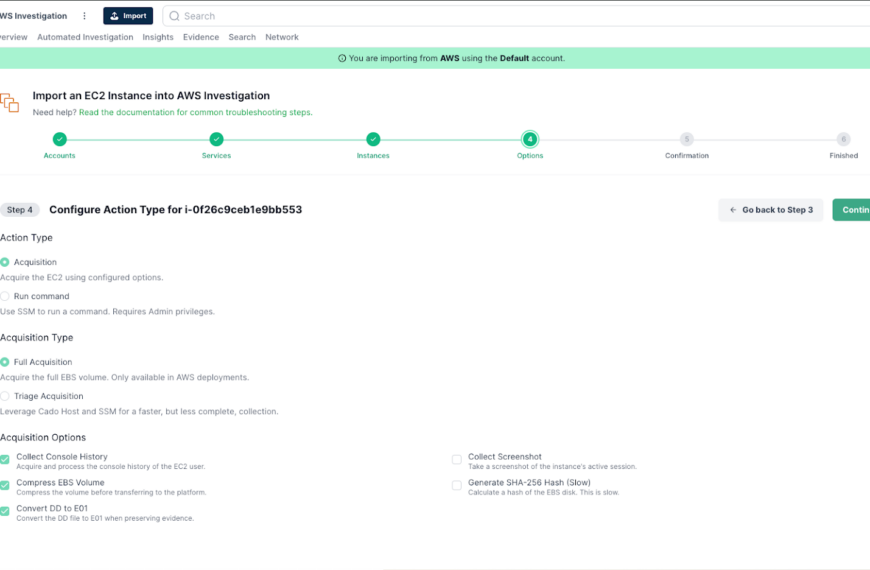Following a series of Freedom of Information (FOI) requests, the UK’s “The Times” newspaper published a story reporting that the 12,000 digital device backlog faced by UK Police in 2019 remains unchanged in 2020. For many working within the digital forensics community, the above headline as reported in the Times article is not new, and to interpret this as Police Forces ‘standing still’ and not addressing the issue through inaction is unfair and incorrect.
Nationally and globally, digital forensics units are under constantly increasing pressure. Thanks to the rapid proliferation of consumer technology, almost any crime leaves a digital footprint, correct analysis of which has the potential to further an investigation.
However, the very factors that create this opportunity also introduce significant complications because the broad spectrum and volume of sources of investigable information require greater lab throughput and diverse skillsets to exploit effectively.
It is therefore only through continued investment in people that UK Police has been able to maintain this level of backlog, rather than seeing it spiral out of control. Essentially, many have seen the ’solution to the problem‘ as one linked solely to the number of resources and one that—if the headline is to be considered—has so far only allowed many agencies to ’stand still’.
Long-Term Implications
This does raise the question of what these agencies face in the long term. Year-on-year budget increases are unsustainable, the proliferation of digital devices and their relevance to criminal investigations is accelerating, and it is infeasible to match that growth with equivalent increases in funding. Adding additional resources also comes with the additional costs of training and associated technology (basically equipping each person with the skills and tools they need to perform their jobs).
Einstein famously (and potentially incorrectly*) once defined insanity as “doing the same thing over and over again, but expecting different results.” Whilst we are not suggesting that managers of forensic units are mad—far far from it!—it may be time for them to “Think Different” as Steve Jobs actually once said, and consider alternatives to simply adding headcount.
Agencies Thinking Differently
Rather than attempting to ‘scale up’ existing resources, some agencies have utilized new and innovative ways of meeting investigative requirements via alternative workflows and technology, especially using Nuix. Using Nuix Investigate®, forensic examiners can empower investigators to directly access digital evidence and search, review, report, and collaborate from their desk.
Given the COVID-19 situation, this has never been more important!
This new model of operation reduces administrative burden whilst speeding up case turnaround time, ultimately benefitting both digital examiners and investigators. One particular forensic team achieved over a five-fold increase time savings from extraction to reporting whilst others are reporting little or no backlogs of cases. Some have also realized that this model allows them to “Do more by doing less,” as it empowers people to actually do their jobs.
*The original quote goes back to Rita Mae Brown, the mystery novelist. In her 1983 book “Sudden Death,” she attributes the quote to a fictional “Jane Fulton,” writing, “Unfortunately, Susan didn’t remember what Jane Fulton once said. ‘Insanity is doing the same thing over and over again, but expecting different results.'”
By Paul Slater, Nuix and Robert Savage, Avatu















